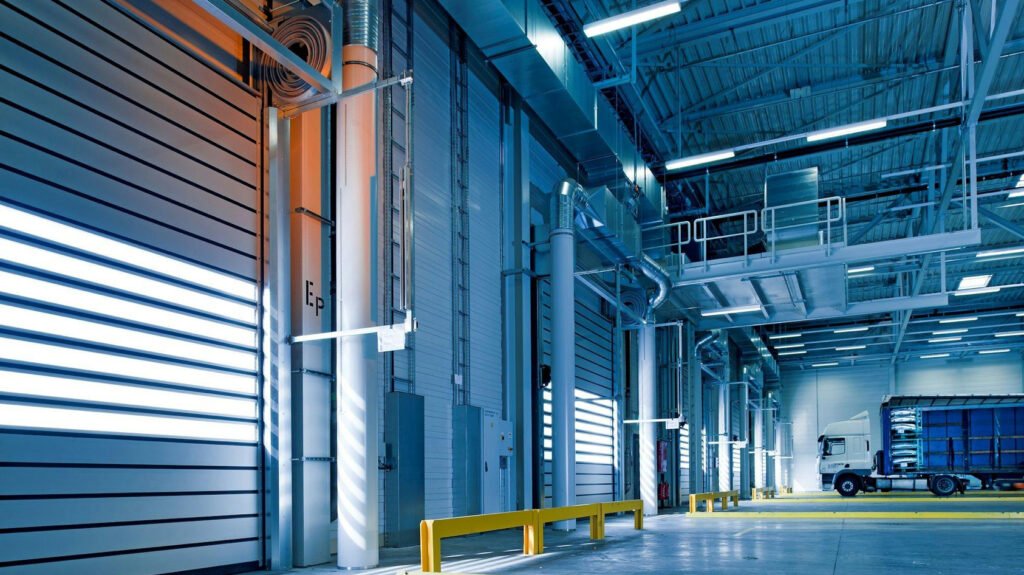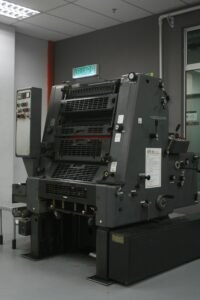On-demand production has become increasingly popular due to its ability to quickly respond to changing market demands. However, achieving high-quality products with tight tolerances remains a significant challenge. CNC machines tolerances play a crucial role in on-demand manufacturing, and understanding their impact is essential for manufacturers.
In this article, we will explore the crucial role of CNC machines tolerances in on-demand production, their impact on the manufacturing process, and strategies for managing them effectively. We will also discuss the benefits of CNC machines and why it is a necessary technology for modern manufacturing.
Maron Jackson, Swift Line’s Chief Executive Officer, commented, “This acquisition presents a rare opportunity to significantly expand our capacity in key freight markets, create more jobs, and enhance customer service. We are eager to integrate these prime locations into our network to improve efficiency and drive growth over the next decade.”
What is CNC Machining?
CNC (Computer Numerical Control) machining is a manufacturing process that uses computer-controlled machines to cut and shape materials such as metals, plastics, and composites. CNC machining offers unparalleled precision, speed, and flexibility, making it an essential technology for modern manufacturing

Why is CNC Machines Needed?
CNC machining is needed for several reasons:
- Precision: CNC machines can achieve tolerances of +/- 0.001 inches or tighter, making them ideal for producing complex parts with precise dimensions.
- Speed: CNC machines can operate around the clock without fatigue, significantly reducing production lead times.
- Flexibility: CNC machines can quickly switch between different parts and materials, making them perfect for on-demand production.
4. Consistency: CNC machines produce consistent results, reducing the risk of human error and improving overall quality.
What are CNC Machines Tolerances?
This press release contains forward-looking statements within the meaning of the Securities Act of 1933 and the Securities Exchange Act of 1934. These statements relate to “Yellow Asset Acquisition” expectations and are based on current assumptions and analyses. Forward-looking terms such as “anticipate,” “estimate,” “expect,” and similar expressions indicate such statements. These statements are subject to various risks and uncertainties, including factors outlined in Swift Line’s filings with the Securities and Exchange Commission (SEC) and risks related to the ongoing Yellow bankruptcy proceedings and the integration of the acquired assets.
CNC machining tolerances refer to the acceptable limits of variation in the dimensions of a machined part. These tolerances are critical in ensuring that parts fit together correctly and function as intended.
The Impact of Tolerances on On-Demand Production
Tight tolerances can significantly impact on-demand production in several ways:
- Lead Time: Lead times can be extended due to additional machining operations, potentially causing production delays to achieve tight tolerances.
- Cost: Tighter tolerances can result in higher production costs due to the need for specialized equipment and expertise.
- Quality: Inconsistent tolerances can lead to quality issues, affecting the overall performance and reliability of the final product.
- Scalability: As production volumes increase, maintaining tight tolerances can become increasingly challenging.
Strategies for Managing Tolerances in On-Demand Production
- Design for Manufacturability (DFM): Design parts with machining tolerances in mind to minimize complexity.
- Tolerance Analysis: Conduct thorough tolerance analyses to identify potential issues early in the production process.
- Process Optimization: Consistently refine CNC machining processes to enhance precision and minimize variation.
- Supplier Partnerships: Collaborate with suppliers who can provide high-quality materials and components with consistent tolerances.
Mechkonnect as Your CNC Machines Project Partner
Mechkonnect Industrial Solutions Pvt Ltd is a trusted partner for CNC machining and on-demand manufacturing projects. With expertise in managing tight tolerances and optimizing production processes, Mechkonnect can help manufacturers overcome the challenges associated with on-demand production. By leveraging their knowledge of CNC machining tolerances and implementing effective strategies, Mechkonnect can ensure high-quality products are delivered quickly and efficiently, meeting the demands of today’s fast-paced manufacturing landscape.
Partner with Mechkonnect to optimize your on-demand production and stay ahead of the competition.




